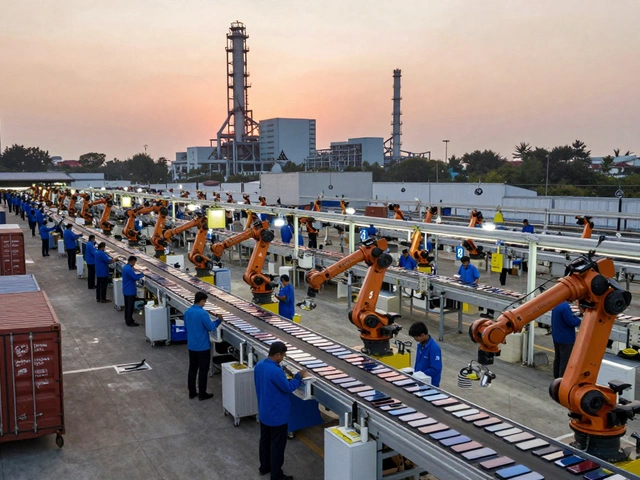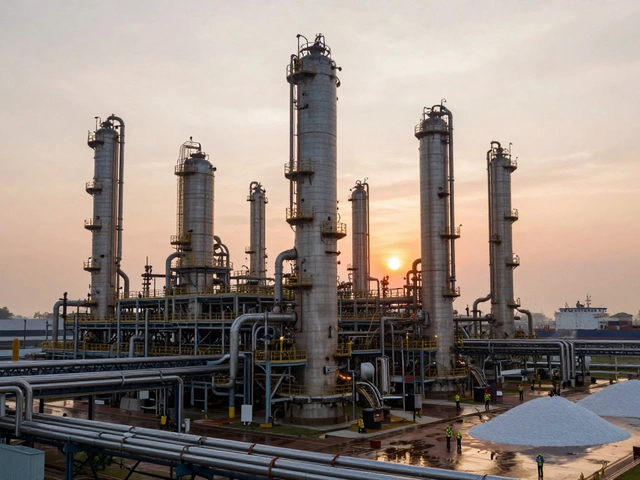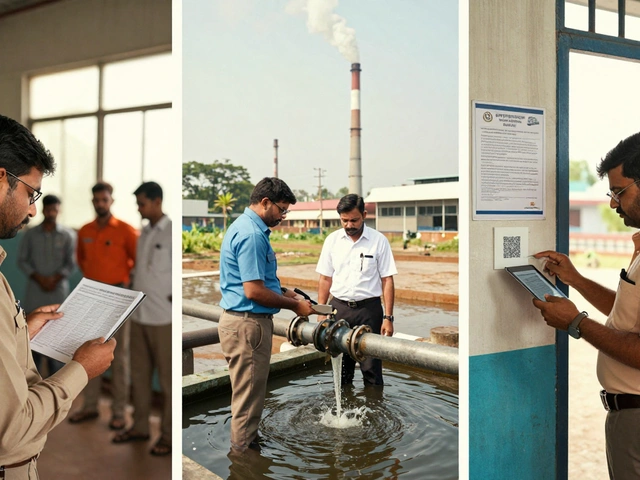Petrochemical Companies in India: What’s Happening and How to Pick the Right One
If you’re hunting for a reliable petrochemical partner, you’ve landed in the right spot. India’s petrochemical scene is buzzing with new capacity, tech upgrades and tighter environmental rules. Below we break down the main forces shaping the market, name the big names you’ll hear about, and give you a short checklist for choosing a partner that fits your needs.
Why petrochemical companies matter today
Petrochemicals are the building blocks for everything from plastics and fertilizers to paints and detergents. When the sector expands, it lowers raw‑material costs for manufacturers across the board. In the past few years, India has added over 15 million metric tons of new capacity, mostly in ethylene, polypropylene and polyester fibers. This growth is driven by government push for “Make in India,” easier land allocation and a surge in domestic demand for consumer goods.
At the same time, global pressure to cut carbon footprints is forcing companies to adopt greener processes. Many firms are now installing energy‑efficient cracker units, recycling waste gases and investing in bio‑based feedstock. If your business cares about sustainability, look for partners that publish emission data and have clear reduction targets.
How to choose the right petrochemical partner
1. Production capability – Check the scale of the plant and the range of products it can make. If you need specialty polymers, make sure the company has a dedicated line rather than just bulk ethylene.
2. Quality assurance – Ask for certifications such as ISO 9001 or customer audit reports. Consistent quality protects your downstream processes from costly re‑work.
3. Financial health – Look at recent earnings, debt levels and any government subsidies. A financially stable partner can weather raw‑material price swings and keep supply steady.
4. Logistics network – Proximity to major ports, rail links or pipelines can shave days off delivery time. Companies with integrated logistics often offer better freight rates.
5. Environmental track record – Review their waste‑management practices and any involvement in circular‑economy projects. Green credentials are becoming a buying criterion for many end users.
By ticking these boxes you can narrow down the list of Indian petrochemical companies to those that truly match your project’s requirements.
In short, the Indian petrochemical sector is growing fast, but not every player moves at the same pace or with the same focus on quality and sustainability. Use the checklist above, do a quick site visit if possible, and you’ll be set to partner with a company that helps your business stay competitive and compliant.
Plastic Manufacturing Giants: Who Makes Most of the World's Plastic?
If you've ever wondered which companies are responsible for mountains of plastic around us, you're not alone. This article breaks down which corporations are at the heart of the global plastic production machine, and why it matters. From household names to industry giants, discover who’s filling the world with plastic—and what it means for our planet. You'll also pick up handy insights on spotting products from these companies in your daily life. Understanding this could actually help you make smarter consumer choices.
Read More




